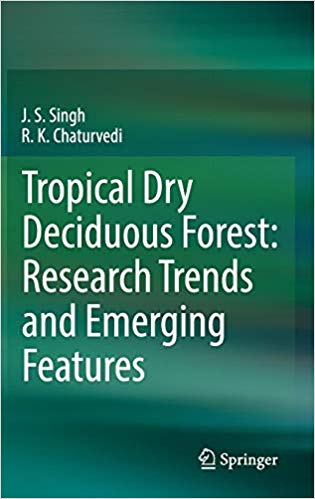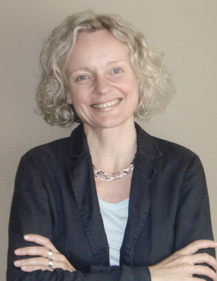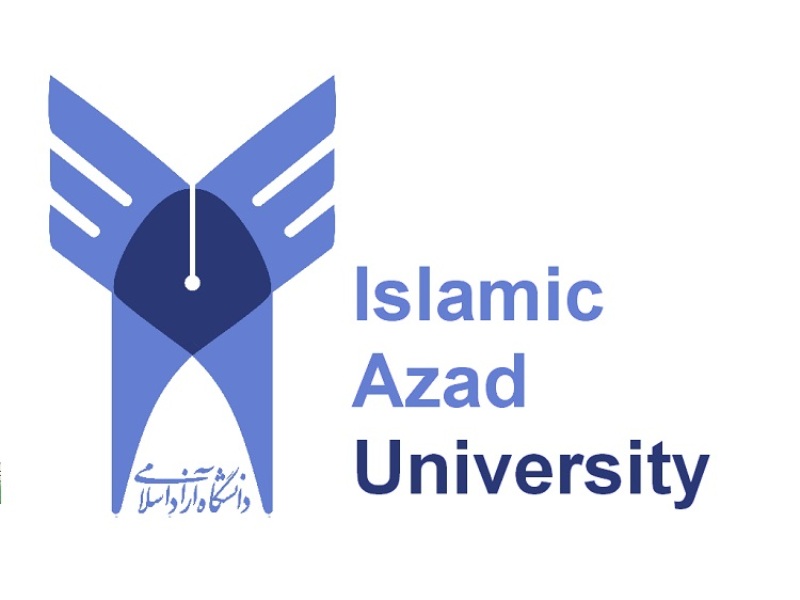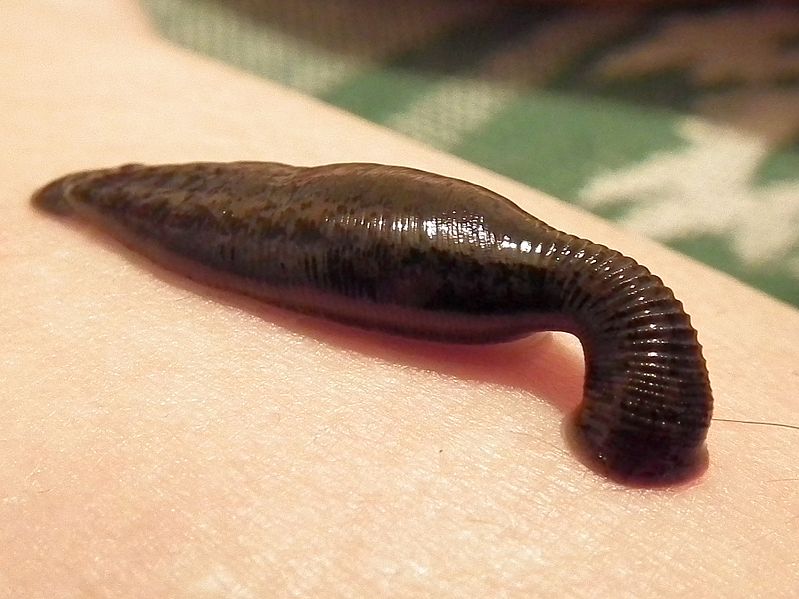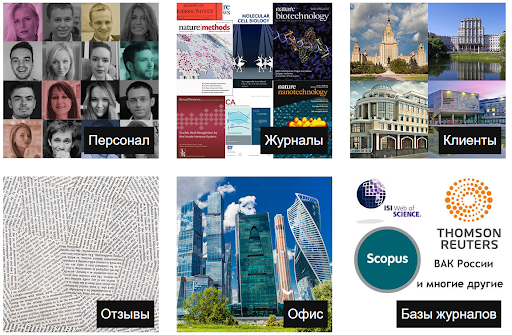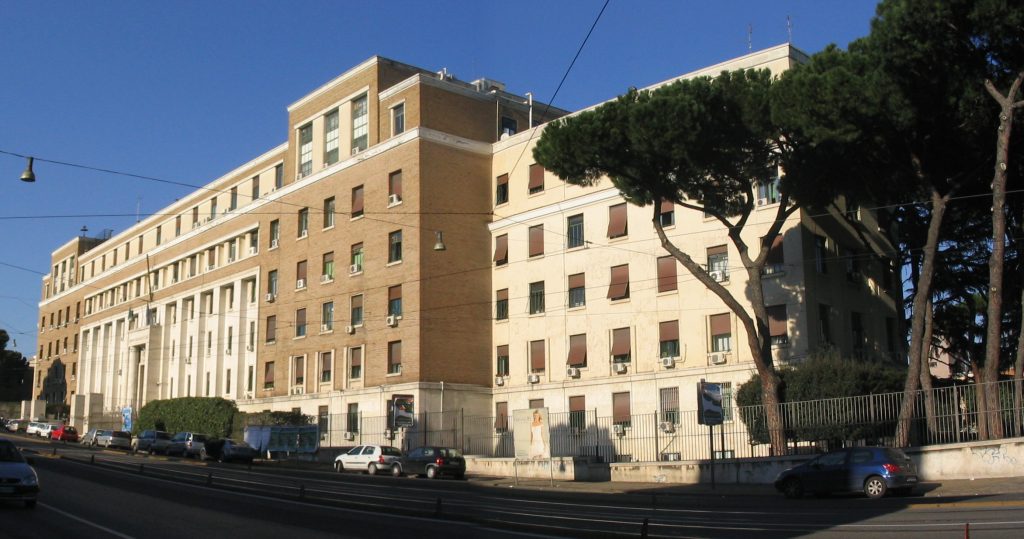
If you’re a fan of the post hoc fallacy, this post is for you. If not, we hope you’ll bear with us anyway.
In June, we reported on an expression of concern in the Journal of Cell Science for a 2006 paper “several bands…in Fig. 5 look very similar.” At the time, we noted that while the expression of concern claimed that the Istituto Superiore di Sanità, the authors’ institution, “does not have a suitable body to investigate this matter,” it in fact does.
After hearing that from us, Sharon Ahmad, the journal’s managing editor, approached Carlos Petrini, the director of bioethics at the ISS, who proceeded to investigate the work. Petrini has now sent us the summary of that investigation, which we’ve made available here.
Continue reading “Based on the literature, we have no reason not to believe to the authors.”


